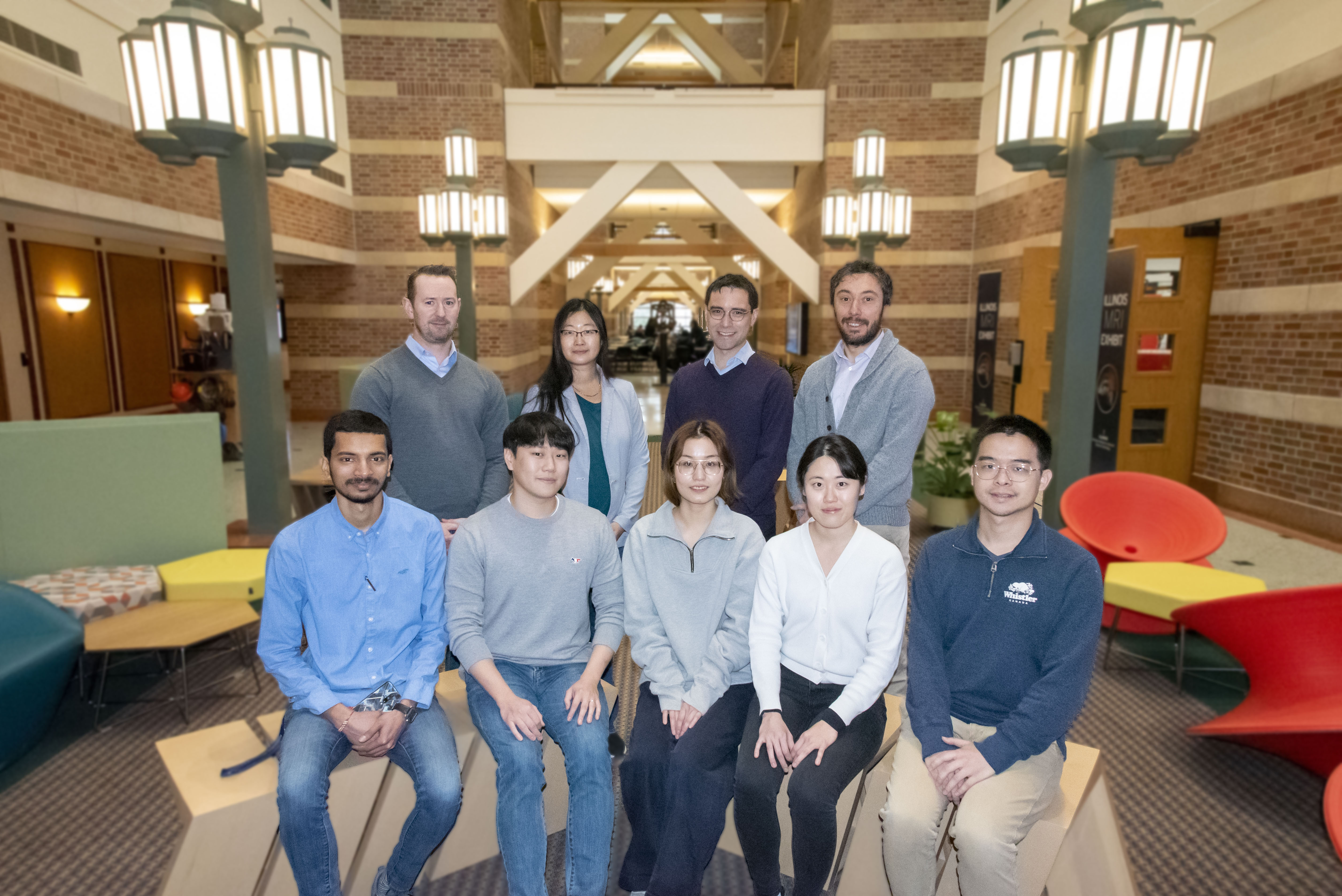Computational tools fuel reconstruction of new and improved bird family tree
University of California San DiegoUsing cutting-edge computational methods and supercomputing infrastructure at UC San Diego, researchers have built the largest and most detailed bird family tree to date—an intricate chart delineating 93 million years of evolutionary relationships between 363 bird species, representing 92% of all bird families.









































